Six projects win in 2019 Aga Khan Award for Architecture
By Justine Testado|
Friday, Aug 30, 2019

Related
The 2019 edition of the Aga Khan Award for Architecture has come to a close with the reveal of the winning projects. Established in 1977 by the Aga Khan and bestowed every three years, the $1 million prize recognizes outstanding building concepts that are deemed to have successfully addressed the needs and aspirations of communities with a significant Muslim presence.
Out of a shortlist of 20 projects from around the world, the Master Jury selected six winning projects in Bahrain, Bangladesh, Palestine, Senegal, UAE, and Russia to share the $1 million prize. The 2019 award ceremony will take place in Kazan, Russia.
Read on for more about the winning projects.
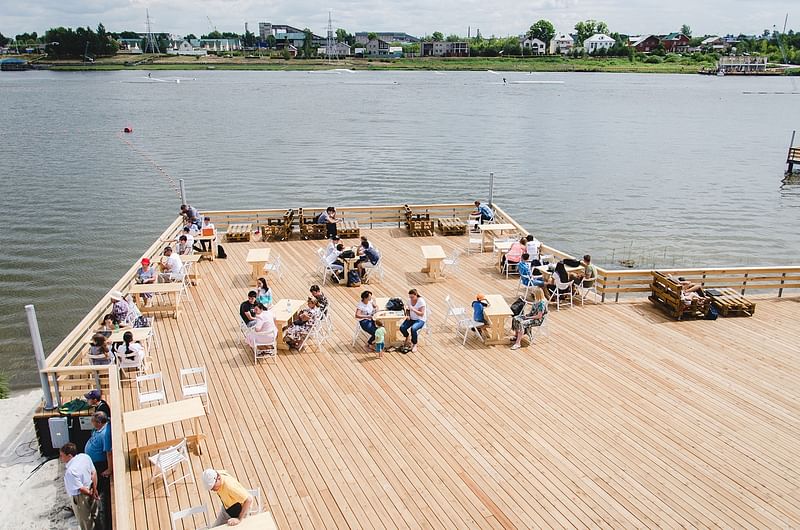
Public Spaces Development Programme Republic of Tatarstan, Russian Federation
Patron: Rustam Minnikhanov, President of the Republic of Tatarstan
Conception: Natalia Fishman-Bekmambetova, curator, Cabinet of Ministers of the Republic of Tatarstan, Ministry of Construction, Architecture, Housing and Utilities of the Republic of Tatarstan
Project summary: “A programme in the Republic of Tatarstan that, to date, has improved 328 public spaces all over Tatarstan. The ambitious programme sought to counter the trend toward private ownership by refocusing priorities on quality public spaces for the people of Tatarstan. It has now become a model throughout the Russian Federation.”
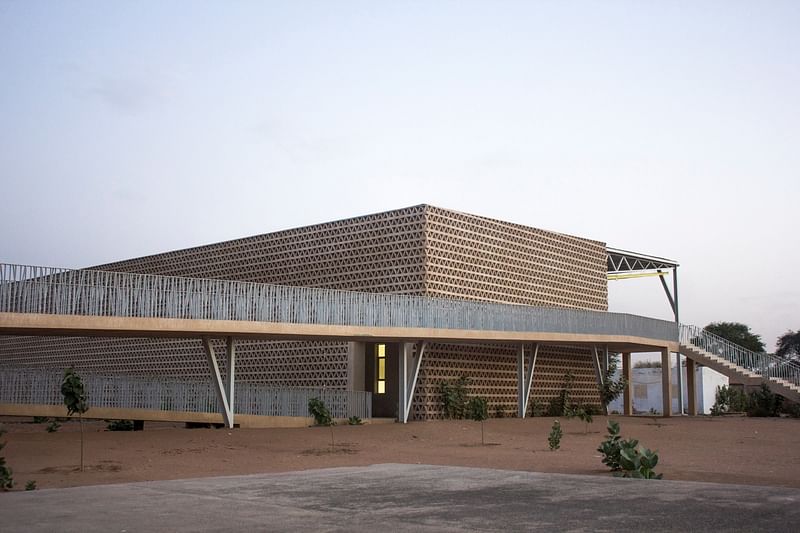
Alioune Diop University Teaching and Research Unit Bambey, Senegal
Architect: IDOM, Bilbao, Spain
Client: ACBEP, Ministry of Urbanism & Ministry of Higher Education, Dakar, Senegal
Project summary: “The Project in Bambey, where a scarcity of resources led to the use of bioclimatic strategies, includes a large double roof canopy and latticework that avoids solar radiation but allows air to flow through it. By employing familiar construction techniques and following sustainability principles, it succeeded in keeping costs and maintenance demands to a minimum, while still making a bold architectural statement.”
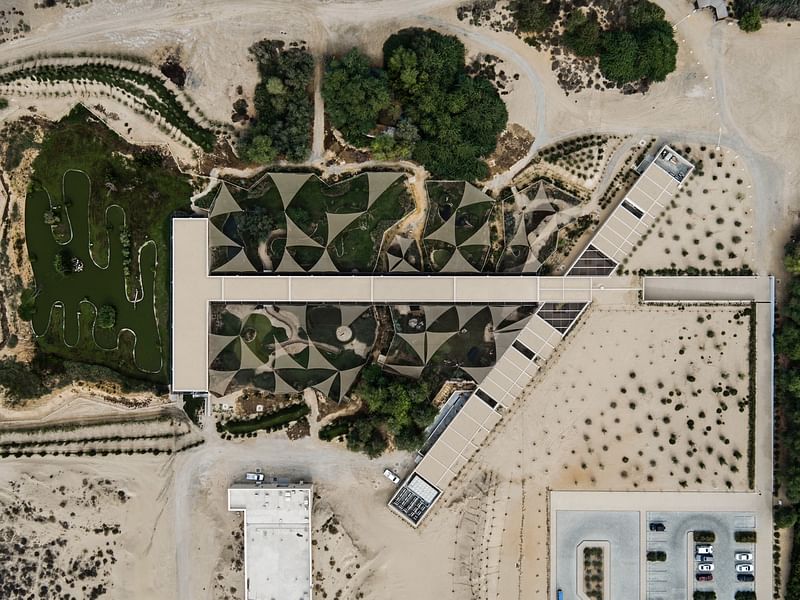
Wasit Wetland Centre Sharjah, United Arab Emirates
Architect: X-Architects, Dubai, United Arab Emirates
Client: Environment and Protected Areas Authority, Sharjah, United Arab Emirates
Project summary: “Wasit Wetland Centre, in Sharjah, is a design that transformed a wasteland into a wetland and functioned as a catalyst for biodiversity and environmental education. While its indigenous ecosystem has been restored, it has also proven to be a popular place for visitors to appreciate and learn about their natural environment.”
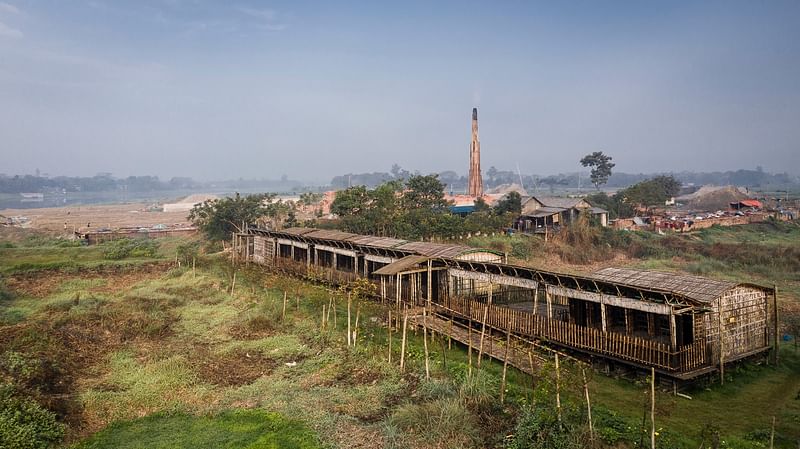
Arcadia Education Project, South Kanarchor, Bangladesh
Architect: Saif Ul Haque Sthapati, Dhaka, Bangladesh
Client: Maleka Welfare Trust, Dhaka, Bangladesh
Project summary: “The Project in South Kanarchor is a modular structure that takes a novel approach to a riverine site that is often flooded for five months every year. Rather than disrupting the ecosystem to create a mound for building, the architect devised the solution of an amphibious structure that could sit on the ground or float on the water, depending on seasonal conditions.”
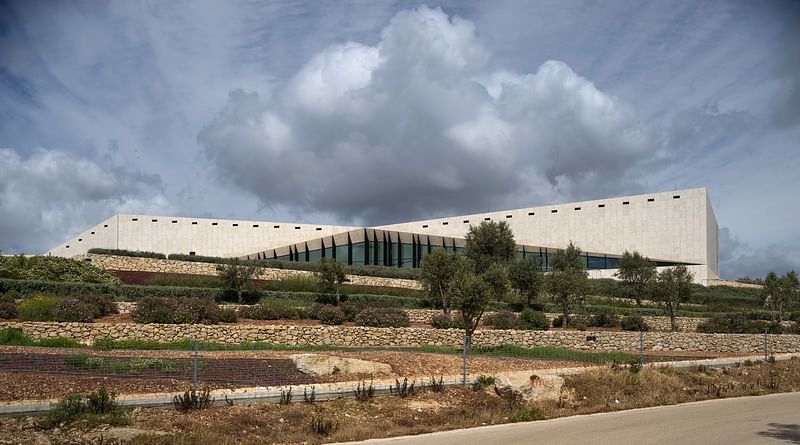
Palestinian Museum Birzeit, Palestine
Architect: Heneghan Peng Architects, Dublin, Ireland
Client: Taawon-Welfare Association, Ramallah, Palestine
Project summary: “The Project in Birzeit, which crowns a terraced hill overlooking the Mediterranean, is the recipient of the LEED Gold certification because of its sustainable construction. The zigzagging forms of the Museum’s architecture and hillside gardens are inspired by the surrounding agricultural terraces, stressing the link with the land and Palestinian heritage.”
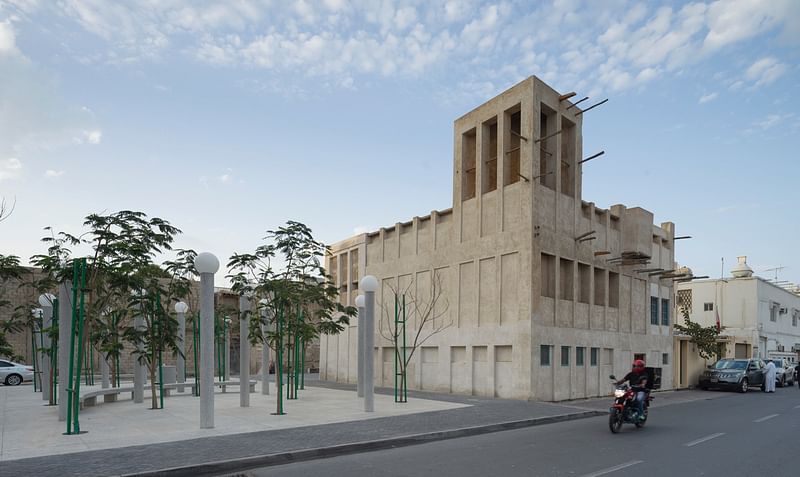
Revitalisation of Muharraq, Muharraq, Bahrain
Patron: Sheikha Mai Bint Mohammed Al Khalifa, Manama, Bahrain
Project director: Noura Al Sayeh, Manama, Bahrain
Project summary: “The Project, which highlights the World Heritage site’s pearling history, was first initiated as a series of restoration and reuse projects. The project evolved into a comprehensive programme that aimed to re-balance the city’s demographic makeup by creating public spaces, providing community and cultural venues, and improving the overall environment.”
The 2017-19 Master Jury featured: Kwame Anthony Akroma-Ampim Kusi Appiah, Meisa Batayneh, David Chipperfield, Elizabeth Diller, Edhem Eldem, Mona Fawaz, Kareem Ibrahim, Ali M. Malkawi, and Nondita Correa Mehrotra.

RELATED NEWS Top 20 projects shortlisted for Aga Khan Award for Architecture revealed

RELATED NEWS 2016 Aga Khan Award for Architecture winners announced

RELATED NEWS 19 shortlisted projects to compete for 2016 Aga Khan Award for Architecture


Share
0 Comments
Comment as :